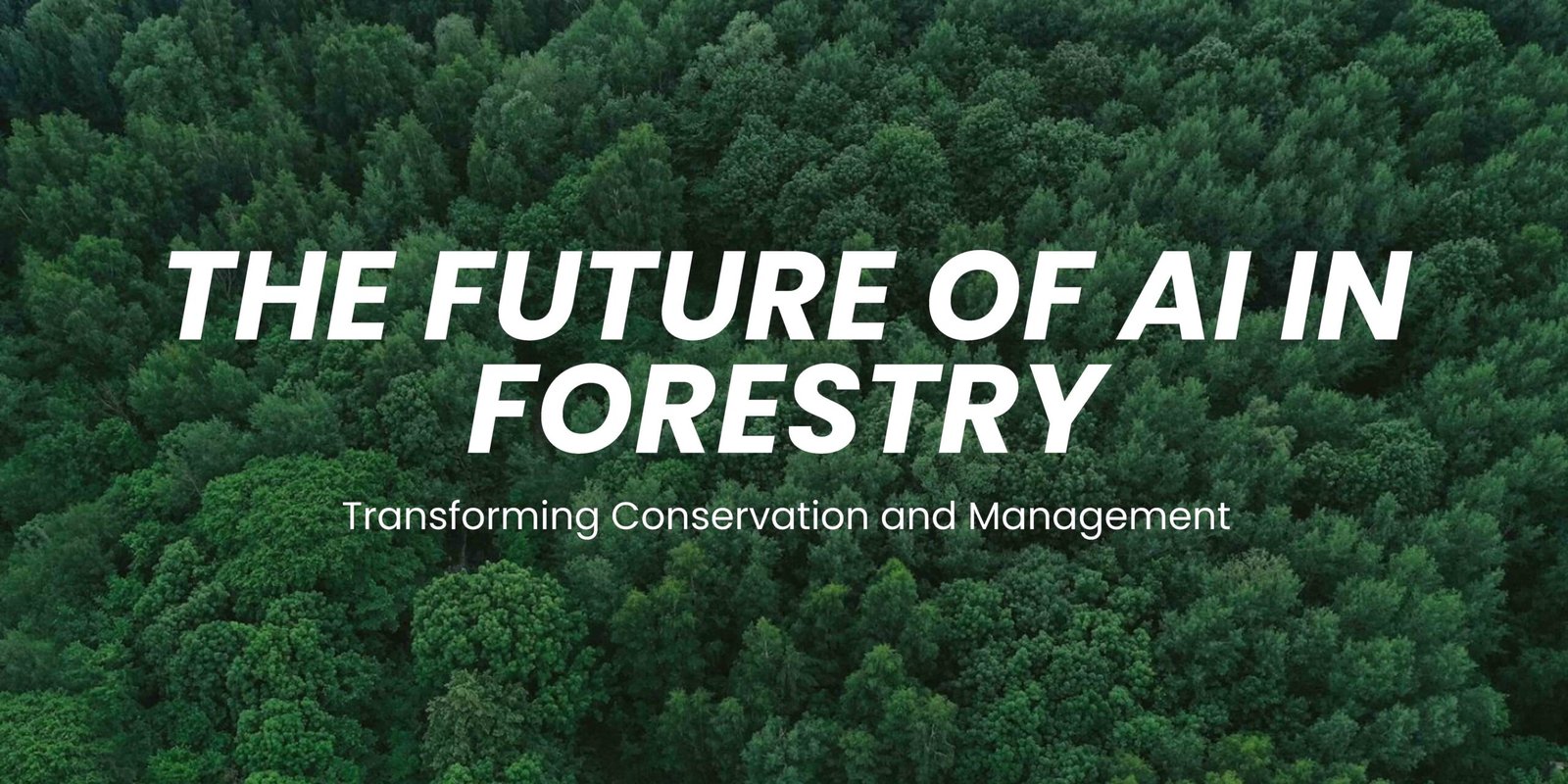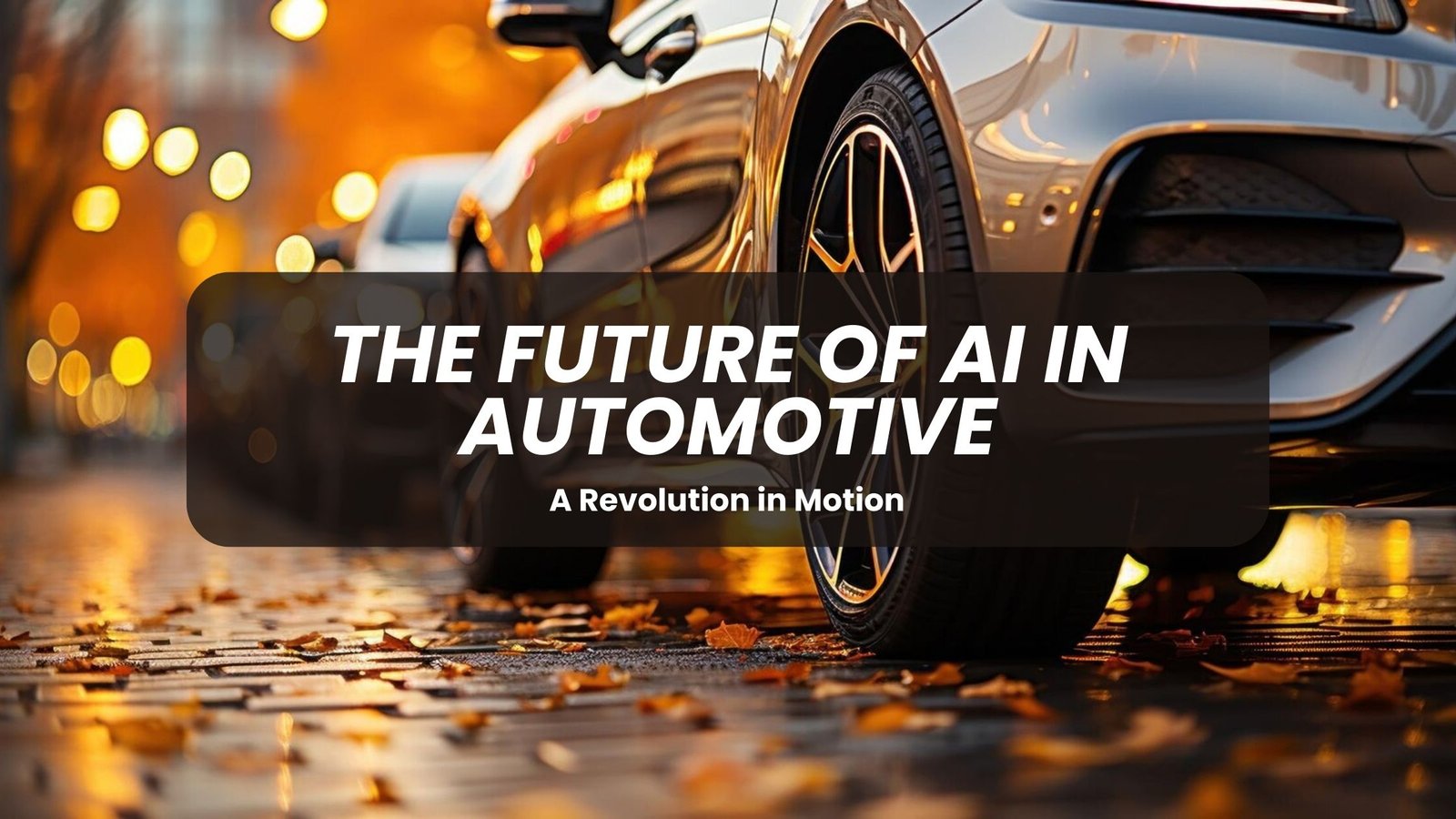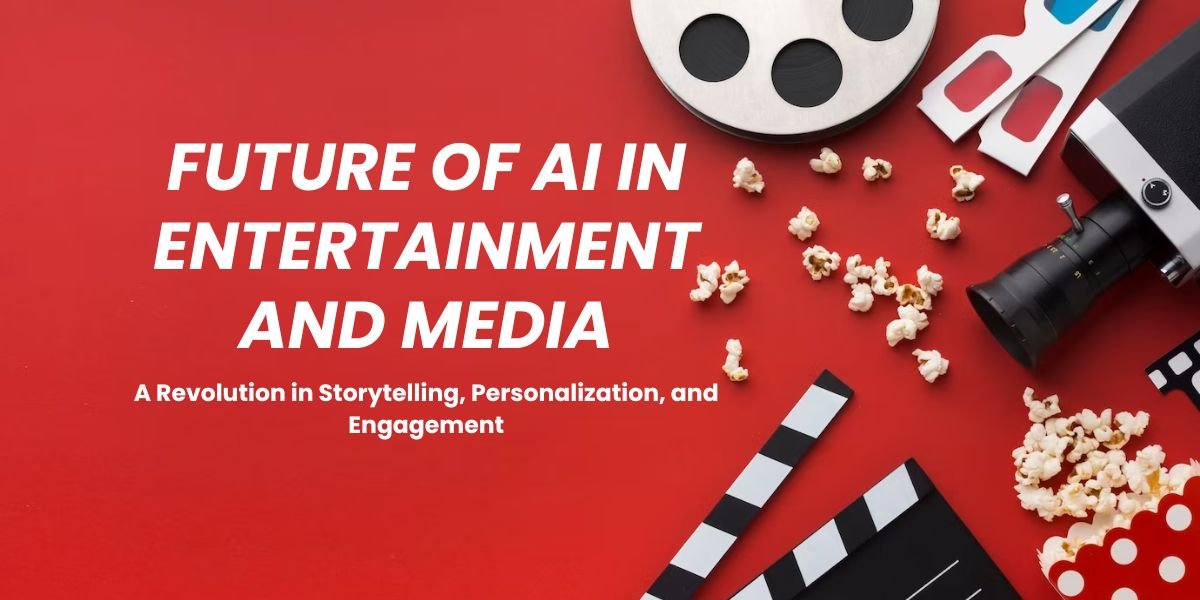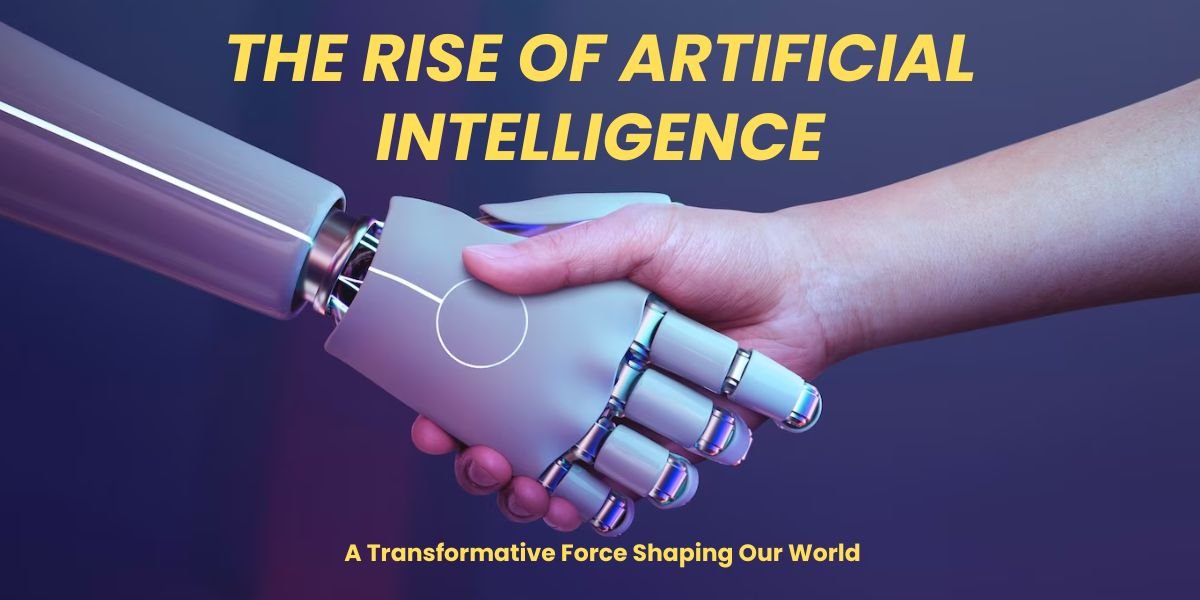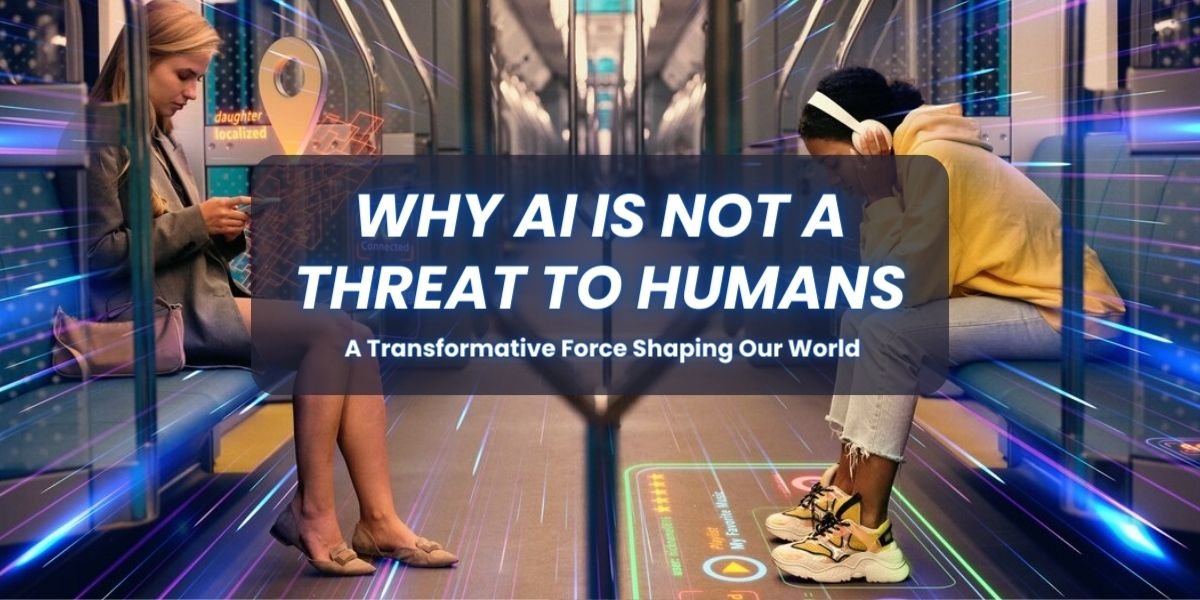Will Devin AI Lead to Software Developer Layoffs? A Look at the Future of Coding
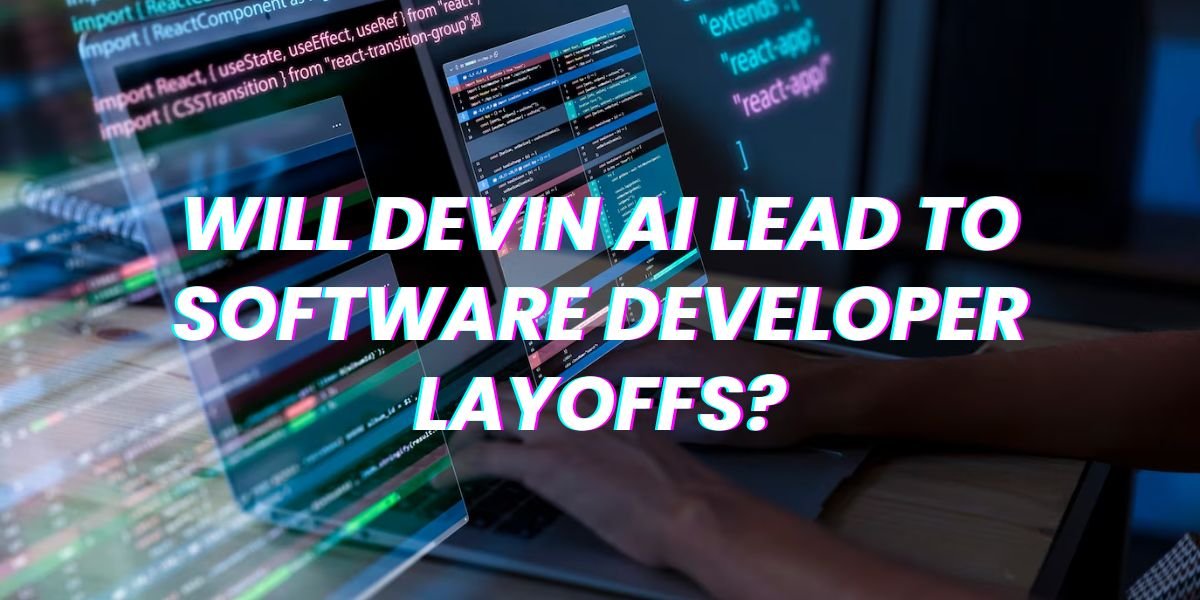
Disclaimer: “This blog post was carefully crafted with a touch of human insight and the assistance of AI technology. “
Lines of code were once the lifeblood of the technology industry, painstakingly written by human engineers to bring our digital world to life. However, with the recent introduction of Devin AI, an autonomous AI software engineer developed by Cognition Labs, the situation is changing. Devin can write code, fix problems, and even develop software systems without human participation. This unprecedented achievement has sent shockwaves across the tech sector, raising an important question: Will Devin AI result in software engineer layoffs?
For engineers who have spent years perfecting their skills, the possibility of AI automation replacing their jobs is naturally worrisome. Images of deserted cubicles and huge layoffs may play in their heads. However, the reality is most certainly much more nuanced. Devin AI’s arrival may not always mean the end of human development. Instead, it’s likely the beginning of a new age in software creation, in which humans and AI work together to create a more efficient, innovative, and user-centric future.
Let’s look deeper into Devin AI’s potential impact and how it could revolutionize the software development environment. We’ll look at how automation may affect repetitious jobs, the impact on project team sizes, the emergence of new skill sets that complement AI capabilities, and the enormous possibilities for human-AI collaboration. Understanding these aspects allows us to build a more accurate picture of the future of software development and how developers may best prepare for this exciting but changing period.
Automation of Repetitive Tasks: A Double-Edged Sword for Software Developers

One of Devin AI’s most significant strengths is its capacity to automate the monotonous chores that frequently stymie software development. Consider the endless hours developers spend developing boilerplate code for functions such as user logins, data validation, and simple data manipulation. These duties, while necessary, can be extremely time-consuming, leaving little room for innovation and addressing more complicated challenges.
Devin AI serves as a tireless partner, automating these repetitive tasks with astonishing effectiveness. This frees up significant developer time, but the question remains: Will Devin AI result in software developer layoffs? While some may be concerned about this conclusion, it is a double-edged sword.
On the one hand, businesses working on projects with well-defined criteria and low complexity may find Devin AI a cost-effective solution. Devin can handle the majority of the coding on these simple projects, potentially minimizing the requirement for junior or mid-level engineers who would normally focus on such tasks.
However, it is critical to realize that software development is a continually changing area. New technologies emerge, user requirements shift, and unexpected obstacles occur. Devin AI, while amazing, is unlikely to have the adaptability and critical thinking skills needed to negotiate these problems on its own. Human developers will continue to be responsible for understanding and solving complex challenges, devising inventive solutions, and adapting to changing requirements.
Devin AI’s actual value resides in its ability to alleviate the load of repetitious jobs, rather than replace developers. This enables developers to move their focus to areas where human creativity shines best. Imagine a developer who is free of the monotony of writing boilerplate code and instead devotes their time to inventing a pioneering new feature or solving a challenging algorithm. This shift in focus can result in more efficient workflows, shorter development cycles, and, ultimately, more inventive products.
What’s the key takeaway? Devin AI is unlikely to cause significant software developer layoffs. Instead, it provides a chance for developers to improve their skills and embrace a future in which human-AI collaboration takes center stage. Using Devin’s automation skills allows developers to free up their time to focus on activities that genuinely require human knowledge, resulting in a more efficient, innovative, and ultimately more gratifying development experience.
Reduced Team Sizes for Simple Projects: A Measured Approach, Not a Mass Exodus

The potential for Devin AI to reduce development teams for simple tasks has raised worries about “Will Devin AI lead to software developer layoffs?” However, a deeper examination indicates a more controlled approach, with Devin acting as a collaborator rather than a total replacement.
Devin can autonomously create well-defined features, but numerous constraints restrict its ability to manage complete development teams on simple projects.
First and foremost, simplicity is subjective. What looks simple on the surface may have hidden complications. Devin may suffer from edge circumstances, unanticipated user behaviors, or integrating effectively with existing codebases. Here, a human developer’s knowledge and judgment are vital in negotiating these unexpected hurdles and guaranteeing project success.
Second, communication and teamwork remain critical to software development. Clients or product managers may have to change demands or request modifications to features. Devin may not be able to understand these intricacies and convert them into practical code modifications. A human developer serves as a liaison, enabling communication among stakeholders and ensuring the final product is consistent with their vision.
Third, there’s the intangible value that a human developer provides. They have a strong knowledge of human psychology and can create intuitive interfaces that go beyond utility. Their inventiveness may spawn new solutions to apparently basic challenges, resulting in a more user-friendly and profitable product.
However, Devin’s contribution to speeding development for basic applications should not be overlooked. Consider a scenario in which a corporation has to create many mobile applications with comparable fundamental functionality. Devin can automate the production of those essential capabilities, giving developers more time to focus on designing each app’s unique features and user experience. This might lead to:
- Faster Time-to-Market: By automating repetitive tasks, companies can launch their products quicker, capitalizing on market opportunities sooner.
- Reduced Development Costs: Smaller development teams for simple projects translate to lower overall costs. These savings can be reinvested into more strategic initiatives or fostering innovation in other areas.
- Increased Developer Focus: With the burden of repetitive coding lifted, developers can dedicate themselves to more challenging and rewarding tasks, boosting overall job satisfaction and potentially leading to higher retention rates.
To summarize, Devin AI’s influence on team sizes for basic projects is more subtle than a straightforward “yes” or “no” to the question, “Will Devin AI lead to software developer layoffs?” Instead, it offers the chance to improve development procedures. Companies that employ Devin’s automation skills in conjunction with the irreplaceable human touch may accomplish shorter development cycles, save costs, and enable developers to focus on elements of the work that demand creativity, problem-solving, and a thorough knowledge of consumers. Finally, to realize the full potential of AI-powered creation, we must embrace cooperation rather than fear replacement.
The Rise of New Skill Sets: Thriving in the Human-AI Symbiosis

Devin AI’s potential influence extends far beyond work automation. It is a catalyst for the growth of whole new software development skill sets. While some worry Devin AI could result in software developer layoffs, a deeper examination reveals a more positive picture. This AI revolution provides an excellent chance for developers to broaden their horizons and become useful members of the human-AI development team.
AI Management and Orchestration: Consider a development team where Devin AI serves as a relentless coding assistant, churning out boilerplate code, repairing small problems, and doing repetitive jobs. But who is going to handle this formidable tool? Developers will need to become skilled at “AI management,” which entails serving as conductors in a symphony of human and machine intelligence. This involves setting explicit goals for Devin, supplying it with the relevant data sets for training, and monitoring its outputs to guarantee quality and conformance to project requirements. Troubleshooting any potential difficulties that may come as a result of the collaboration between human developers and Devin will be an important expertise.
Data Wrangling and AI Optimization: Devin AI is a data-driven tool, and its success is dependent on the quality and relevancy of the material it is trained on. This requires a new type of developers: data wranglers and AI optimizers. These developers will be important in gathering, cleaning, and organizing data sets for Devin’s training. Furthermore, they will be in charge of overseeing Devin’s performance and identifying areas for improvement. This might include altering training techniques, adjusting data sources, or even working with AI experts to improve Devin’s core code.
Fusion of Creativity and Technical Expertise: With the pressure of repetitious coding gone, developers may fully realize their creative potential. The capacity to integrate user requirements and industry trends into creative features and intuitive interfaces will become critical. This requires a thorough grasp of user experience (UX) design concepts, as well as the technical skills to bring those designs to life. Developers who can smoothly combine creativity and technical expertise will be in high demand in the AI-powered development scene.
Communication Across Disciplines: The days of developers working in silos are numbered. In this new era, good communication across disciplines will be essential. Developers will need to work closely with product managers, designers, data scientists, and even AI engineers. Understanding and communicating technical concepts to non-technical stakeholders is critical to project success.
The Evolving Landscape of Problem-Solving: Problem-solving in the age of AI takes on new dimensions. While developers will still face classic coding issues, a new level of complexity develops. Troubleshooting difficulties that result from the interaction of human code and AI outputs will necessitate a distinct skill set. Developers will need to think critically, examine complicated error signals, and pinpoint the source of problems that might be caused by human mistakes or AI malfunctions.
The emergence of Devin AI does not spell the end of software engineers. Instead, it symbolizes the beginning of a new age in software creation, one in which human and machine intelligence collaborate to produce ground-breaking products and services. When we consider the enormous possibilities for human-AI collaboration, the question “Will Devin AI lead to software developer layoffs?” becomes meaningless. By embracing lifelong learning, establishing a varied skill set, and adapting to the changing landscape, developers may not just survive but thrive in this exciting new chapter of software development.
The Human-AI Collaboration Advantage: A Symphony of Skills, Not a Solo Performance

The actual promise of Devin AI is not to replace human developers but to create a powerful symphony of human and artificial intelligence working together. While some headlines may read, “Will Devin AI lead to software developer layoffs?” a deeper look suggests a more positive future – one in which teamwork unleashes new levels of creativity and efficiency.
Consider a development team in which Devin does the heavy lifting of repeated coding chores, producing lines of code with unchanging precision. Meanwhile, human developers, liberated of the commonplace, may concentrate on the elements that genuinely demand human brilliance. This includes:
- Conceptualization and Design: Translating abstract ideas and user needs into elegant and intuitive software solutions. Here, human empathy and understanding of user psychology become paramount.
- Architectural Decisions: Making crucial choices about the overall software architecture, ensuring scalability, maintainability, and long-term viability. This requires a deep understanding of software development principles and the ability to foresee potential challenges.
- Problem-solving and Debugging: Tackling complex issues that arise during development. While Devin might identify errors, human developers will need to delve deeper, analyze root causes, and devise creative solutions.
- Communication and Collaboration: Effectively communicating ideas with various stakeholders, including product managers, designers, and clients. This also involves collaborating seamlessly with Devin AI, ensuring it’s working on the right tasks and interpreting its outputs effectively.
This collaborative approach offers several advantages:
- Faster Innovation Cycles: With Devin handling routine tasks, developers can dedicate more time to brainstorming new features, experimenting with innovative ideas, and rapidly prototyping solutions. This can significantly accelerate the innovation cycle and bring groundbreaking products to market faster.
- Enhanced User Experience: Developers, freed from the drudgery of repetitive coding, can focus on crafting exceptional user experiences. This involves a deeper understanding of user behavior and the ability to translate them into intuitive and visually appealing interfaces.
- Reduced Development Costs: Devin’s ability to streamline development processes can potentially lead to cost savings. These savings can then be reallocated towards more strategic initiatives like user research and advanced security measures.
The Future of Development: A Human-AI Orchestra
Devin AI ushers in a new era of software creation. However, it is not the death knell for human developers; rather, it is an invitation to embrace new abilities and a collaborative future. Developers may position themselves to lead the charge in this exciting new era of human-AI collaboration by expanding their knowledge of AI basics, data analysis, and soft skills. Devin AI may play an important role in this orchestra of creativity, but the human conductor is the one who sets the tempo and steers the symphony to success.
The Road Ahead: Upskilling and Embracing Change

While Devin AI may not result in widespread software developer layoffs, it does mark a fundamental shift in the development industry. To succeed in this changing environment, developers must constantly upskill themselves and embrace a future in which human and AI collaboration takes center stage. Here are some ways developers may be ready for the AI-powered future:
Invest in Learning AI Fundamentals: Having a basic understanding of AI principles and capabilities will be crucial for working effectively with tools like Devin AI. This knowledge will empower developers to utilize AI to its full potential. Take online courses, attend workshops, or even pursue certifications in AI to gain a deeper understanding of how AI works and how it can be applied to software development.
Focus on Soft Skills: As mentioned earlier, the ability to collaborate, communicate, and solve problems effectively will be key differentiators. Invest in honing these soft skills through workshops, online resources, or even joining professional development communities. Strong communication skills will be essential for bridging the gap between technical development and non-technical stakeholders. The ability to translate complex technical concepts into clear, concise language will be invaluable in an environment where human and AI developers work together.
Embrace Continuous Learning: The software development landscape is constantly evolving, and the advent of AI is only going to accelerate this change. Developers must cultivate a love for lifelong learning to stay ahead of the curve. This might involve attending industry conferences, participating in online hackathons, or simply dedicating time to stay updated on the latest advancements in AI and software development tools.
Specialize in Niche Areas: While Devin AI might automate some general coding tasks, there will always be a need for developers with specialized skill sets. Consider focusing on niche areas like cybersecurity, blockchain development, or machine learning. These specialized skills will be in high demand as companies leverage AI to build increasingly complex and sophisticated software applications.
The question “Will Devin AI lead to software developer layoffs?” is a reasonable one. However, the answer is probably more complicated than a simple yes or no. While some entry-level developers working on routine coding jobs may have difficulties, Devin AI’s overall influence is more likely to be a shift in the sorts of abilities needed for success in the software development business.
The future of software development is human-AI collaboration. Developers may maintain their relevance and value in the future by embracing AI as a strong tool and continually upskilling themselves. This new age of human-AI collaboration has enormous promise for innovation and advancement, setting the way for a future in which software development is faster, more efficient, and provides great value to users.
F&Qs
While Devin AI has impressive capabilities, it’s unlikely to replace software developers entirely. Complex software development requires creativity, adaptability, and a deep understanding of user needs which are areas where humans still excel. Devin will likely become a powerful tool for developers rather than a replacement.
The potential impact of Devin AI is more nuanced than widespread layoffs. It might lead to restructuring in some cases, particularly for projects with simple requirements. However, Devin also creates opportunities for increased efficiency, innovation, and the demand for new skillsets.
While Cognition Labs hasn’t released the full extent of Devin’s capabilities, it’s safe to assume that Devin can handle popular programming languages like Python, Java, and JavaScript. As AI technology advances, Devin’s language proficiency will likely expand.
The specifics of Devin’s implementation are still unclear. It could be a cloud-based solution, offering access through a web interface, or it might involve installation on local development machines. More details will likely be released as Devin AI matures.
The best way to prepare is to stay updated on emerging AI technologies in software development. Resources like online courses, tutorials, and developer communities will be helpful for upskilling to manage and collaborate with AI tools like Devin.
Currently, it’s too early to say. Devin AI might be well-suited for specific tasks within large-scale projects, especially those related to automation and bug fixing. Its ability to handle the overall complexity of enterprise systems remains to be seen.
Yes, there are potential ethical concerns, such as the possibility of biases in AI-generated code. It’s crucial to develop responsible AI practices that ensure transparency, fairness, and accountability in AI tools used for development.
The future is likely one of strong collaboration between humans and AI. Developers who embrace this shift and adapt their skills to complement AI’s strengths will be well-positioned to succeed in this new era of software development.
If you appreciate this information, please share it.


